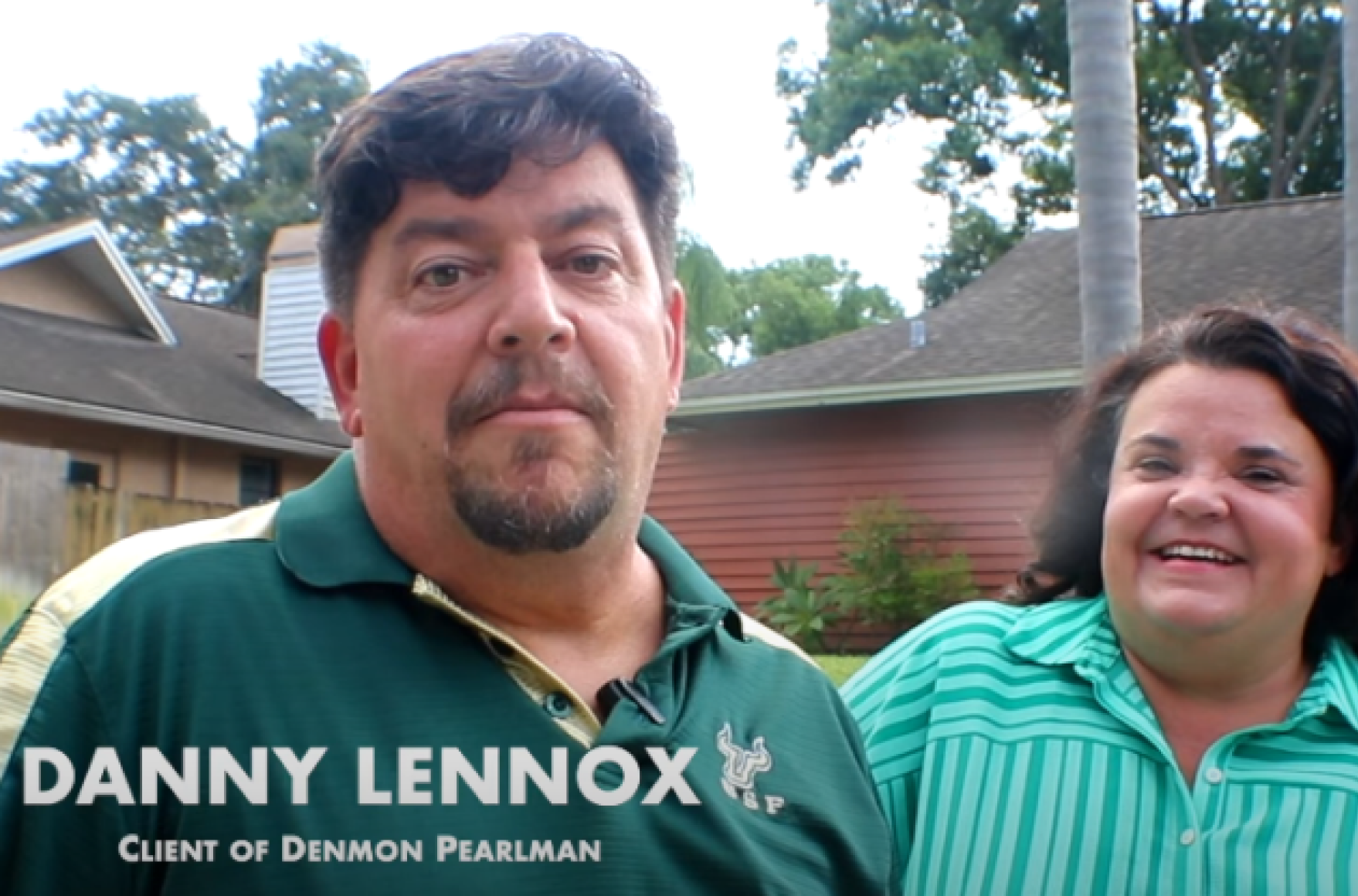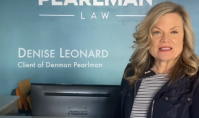Double Down for the Win




Double Down for the Win





Tampa Personal Injury Lawyer
D2 Law fights for injury victims in Tampa who deserve justice. If you’ve been hurt due to someone else’s negligence, you may be facing medical bills, lost wages, and stress about your future.
Our dedicated personal injury lawyers handle cases involving car accidents, motorcycle crashes, slip and falls, truck accidents, and wrongful death claims. We are trial attorneys who build every case as if it’s going to court, ensuring we maximize the value of your claim.
We believe in treating our clients like family, which means keeping you informed and fighting for the best possible outcome—no matter the size of your case. You don’t pay unless we win, and we are relentless in pursuing the compensation you deserve.
Call us today at (800) 790-5641 for a free consultation. Let us take the legal burden off your shoulders so you can focus on healing.
Auto Vs Auto
Auto Vs Auto
Auto vs Rideshare
Auto vs Truck
Improper Buried Wire
Succes Stories
Our Case Results!
Hear what Christina has to say about their experience with D2 Law.
Initial OFFER
$193KSettlement Result:
$510K

Hear what Christina has to say about their experience with D2 Law.
Initial OFFER
$0Settlement Result:
$407.5K

Hear what Christina has to say about their experience with D2 Law.
Initial OFFER
$12.3KSettlement Result:
$50K

Hear what Christina has to say about their experience with D2 Law.
Initial OFFER
$193KSettlement Result:
$510K

Hear what Christina has to say about their experience with D2 Law.
Initial OFFER
$7790Settlement Result:
$60K

Hear what Christina has to say about their experience with D2 Law.
Initial OFFER
--Settlement Result:
$182.5K

Hear what Christina has to say about their experience with D2 Law.
Initial OFFER
$0Settlement Result:
$750K








D2 Law
How D2 Law
Can Help You
We are also here to help with:
- Getting you a rental car
- Finding a quality repair shop
- Getting you $$ for loss of use and diminished value of your vehicle
- Helping you get the best medical care possible
- Access to pre-settlement loans when needed
- Getting the biggest possible settlement for your injury claim
D2 Law
Relentless
Justice?
We are also here to help with:
- Getting you a rental car
- Finding a quality repair shop
- Getting you $$ for loss of use and diminished value of your vehicle
- Helping you get the best medical care possible
- Access to pre-settlement loans when needed
- Getting the biggest possible settlement for your injury claim

Email Us
practice area
Our Tampa Injury Practice Areas

Truck Accidents
Case Studies

Personal Injury
Case Studies

Slip & Fall Accidents
Case Studies
Why Should I Hire D2 Law For My Tampa Injury Case?
Hiring D2 Law for your Tampa injury case gives you experienced trial attorneys who fight aggressively for the compensation you deserve. When insurance companies try to downplay your injuries or offer low settlements, we push back with strong legal strategies. We prepare every case as if it’s going to trial, making it clear that we won’t settle for anything less than the full value of your claim.
Here’s why injury victims in Tampa choose D2 Law:
Trial-Ready Representation: We build every case for court, leading to better settlements and verdicts.
No Fees Unless We Win: You pay nothing upfront—we only get paid if we win your case.
Clear Communication: We keep you informed at every stage, so you always know what’s happening.
Proven Results: Our attorneys have recovered millions for injury victims just like you.
If you’ve been injured in a car accident, truck crash, or slip and fall, call (800) 790-5641 for a free consultation. Let us handle the legal fight while you focus on healing.

CONTACT US
REQUEST A FREE CONSULTATION
D2 Law
Christian Denmon
Our award-winning trial attorneys have earned a reputation for zealous advocacy on behalf of our clients – both in settlement negotiations and jury trials.
with Nicole Denmon and
Christian Denmon
To get the maximum value we start with excellent lawyers! We would not trust our family to just anyone.
Consulting Now





